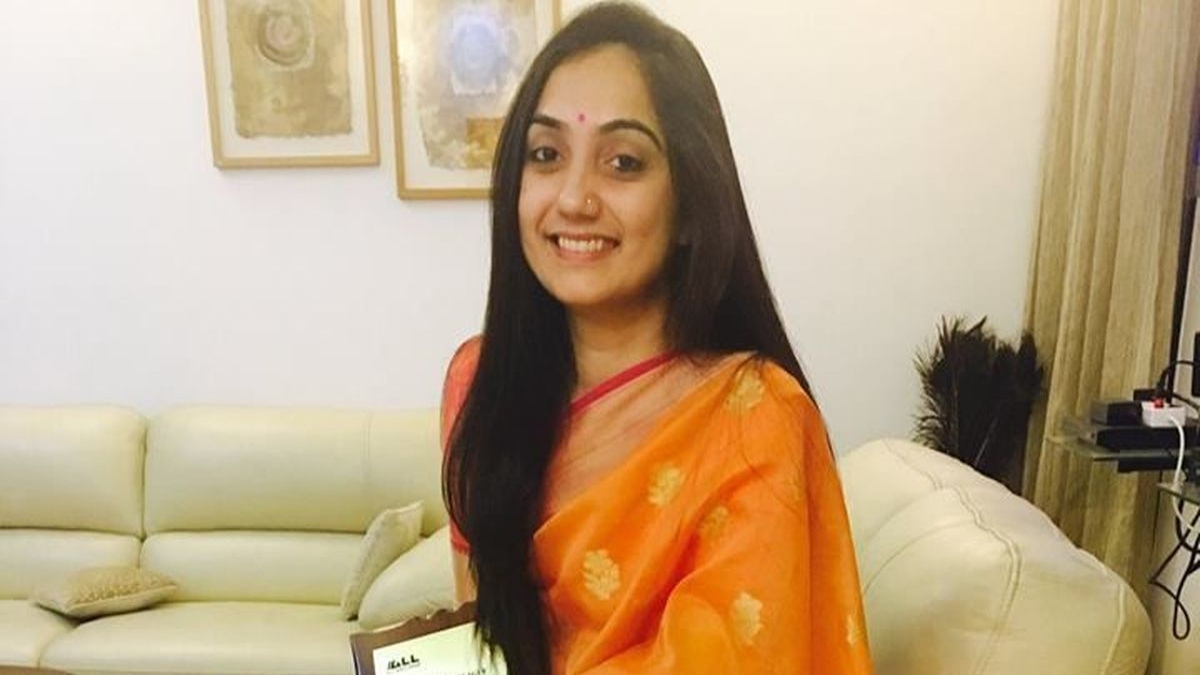


The visiting Iranian Foreign Minister Hossein Amir-Abdollahian’s statement that Tehran prefers no limits for expansion of ties with New Delhi acquires significance as it has come amid the widespread backlash from the Islamic countries against the objectionable remarks on Prophet Muhammad by two former BJP leaders who are now suspended and expelled from the ruling party of India. In this context, another statement from Abdollahian is also equally important, in which he expressed satisfaction over Indian officials dealing with the BJP leaders who made the derogatory remarks, and also “hailed Indian people and the government for their respect for Prophet Muhammad as well as for their religious tolerance and historical coexistence between various faiths”. Significantly, these comments have come from the foreign minister of Iran which was one of the various Islamic countries to have summoned the Indian envoys to lodge a protest after the entire controversy broke out. That Iran has responded positively to the Indian government’s efforts in dealing with those responsible for remarks about Prophet Muhammed is, understandably, attributable to New Delhi’s diplomatic efforts aimed at damage-control and firefighting the crisis. It also lends credence to the perception that Indian diplomatic teams moved swiftly to limit and contain the damage.
Prime Minister Narendra Modi spending a considerable amount of time in interaction with the Iranian minister was also a signal to the Islamic nations about how New Delhi attaches importance to them. With the Iranian FM in New Delhi, External Affairs Minister S. Jaishankar at an event recalled how Made-in-India COVID vaccines were supplied by India to 98 countries under the ‘Vaccine Maitri’ mission. The message was loud and clear that these beneficiaries included the Arab countries as well. There is no dearth of examples that show that India has always been ready with cooperation and help for the countries in the Middle East region. All this suggests not only India’s present diplomatic course to deal with the row but also New Delhi’s intention to ramp up efforts to boost existing ties with the West Asian countries which have felt hurt by the remarks against Prophet Muhammad. There is no denying that the diplomatic row kicked up by the ‘Prophet remark’ is still not over. But what needs to be done now is that India should enhance diplomatic engagement with the countries in the Gulf either through personal meetings and talks, or through telephonic talks, including the communication at the level of the top leadership of both sides. The diplomatic campaign that has been initiated so far should be given further momentum to ensure that the Prophet row does not negatively impact India’s ties with the Islamic nations, given the enormous economic implications of the relations and the welfare of the Indian diaspora in the Arab world. Not only the economic aspects of the ties but what is also at stake is India’s image as a unique, multi-ethnic, and multi-religious democracy. With countries such as Pakistan, and Afghanistan under the Taliban rulers and China waiting in wings to exploit the situation to build a campaign against India in different countries which are fuming with anger, New Delhi needs to take frantic diplomatic peddling to normalize the situation. What the Indian diplomats cannot ignore at this point of time is that Pakistan has started its narrow-minded and communal politics at the United Nations so as to give the entire row a bigger proportion to tarnish India’s image. Apart from the Arab world, India needs to reach out to the countries like Maldives and Indonesia which have also lodged their protests over the comments. New Delhi should also take immediate steps to see that anger does not spread further and no new country in its neighbourhood joins the bandwagon. What is a welcome news, however, is that the Ministry of External Affairs (MEA) has some plans aimed at enhancing the diplomatic outreach not only to the 15 Islamic nations which have registered their protest with India over the Prophet remark, but also to the larger world community including the USA and other big powers in a bid to convince them that Indian government does not subscribe to any view that is corrosive of India’s established and widely-acclaimed image as a unique, multi-ethnic and multi-religious democracy.